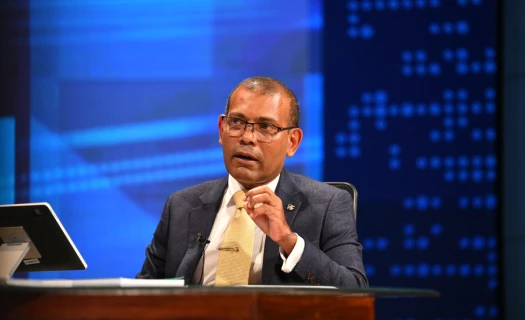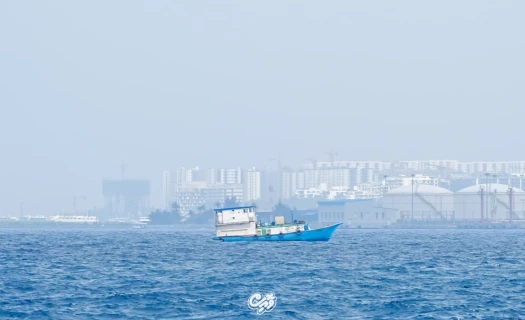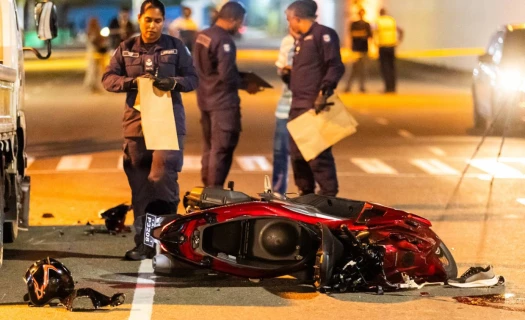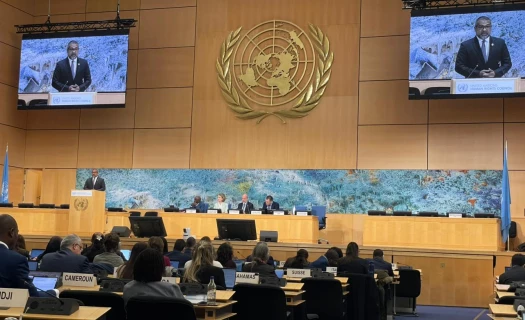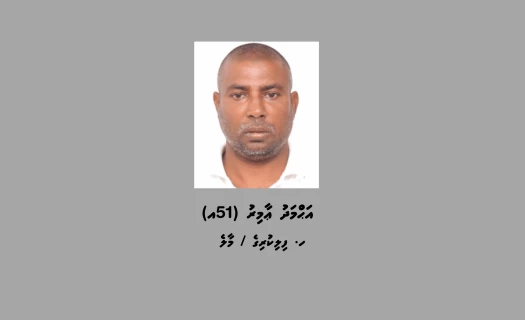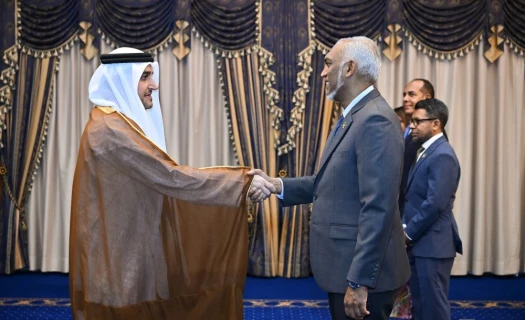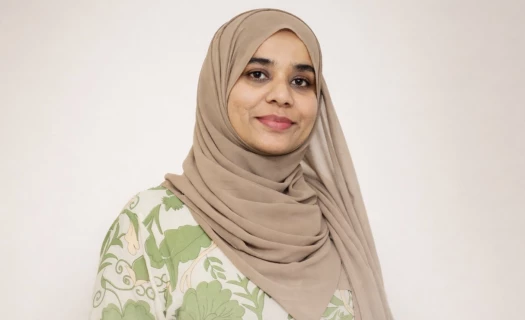High Court warns Prosecutor General's Office over judicial interference

The High Court of the Maldives has issued a stern warning to the Prosecutor General's (PG) Office, emphasizing that it does not have the authority to interfere with judicial decisions or question the actions of judges in ongoing cases.
The case in question involves Ibrahim Sammah Ahmed Fathuhy from Alif Dhaal Maamigili Shady Grove, who faced charges related to the murder of Moosa Ahmed Manik from Vaavu Keyodhoo Dheyliyage.
The court found Sammah not guilty of murder with a sharp object due to lack of supporting evidence, such as forensic proof and credible witness testimonies, and also dismissed charges of carrying a sharp object without valid reason for insufficient evidence.
Previously, Supreme Court mandated that Sammah remain in custody until the High Court made a decision. However, the High Court did not act on this order promptly.
On the 9th of this month, the Supreme Court criticized this inaction and gave the High Court seven days to resolve Sammah’s custody status, which the High Court failed to do.
The High Court's handling of Sammah’s remand or house arrest has been contentious, with the PG's office telling media that issue issue will be taken to the Judicial Services Commission (JSC) for alleged judicial misconduct.
During a recent hearing, High Court Judge Mohamed Faisal addressed the issue
If there is any objection to a decision made by a judge, it should be taken to the JSC. The PG's office does not have the right to interfere with the judges’ decisions. It is extremely irresponsible for the prosecution to suggest that actions should be taken against judges involved in ongoing cases. Seeing such statements in the media is unacceptable
he stated
Influencing an ongoing case will not be tolerated. The court will take all necessary actions if such influence is attempted. Consider this either advice or a warning
Judge Faisal further emphasized,
Judge Fathimath Faruheeza clarified the Supreme Court’s directive, stating that it did not set a seven-day deadline for a decision on remand but rather instructed that Sammah remain in custody until the High Court’s decision.
When questioned why the PG's office released Sammah contrary to this order. PG lawyer Ahmed Naushad responded that the correctional service received an order specifying a seven-day period for detention.
In the order sent to this court, there was no mention of a seven-day limit. Yet, the PG's office released him and publicly claimed that the High Court acted against the Supreme Court's orders.
High court judge criticized this discrepancy and stated
The court highlighted concerns about inconsistencies in legal documentation, which undermines the legal system’s integrity.
Faruheeza explained that the delay in the High Court's decision was due to the absence of lawyers who were on leave, including one who was abroad for medical reasons.
The High Court's warning to the Prosecutor General's office highlights the judiciary's firm stance on maintaining judicial independence and proper legal processes.
